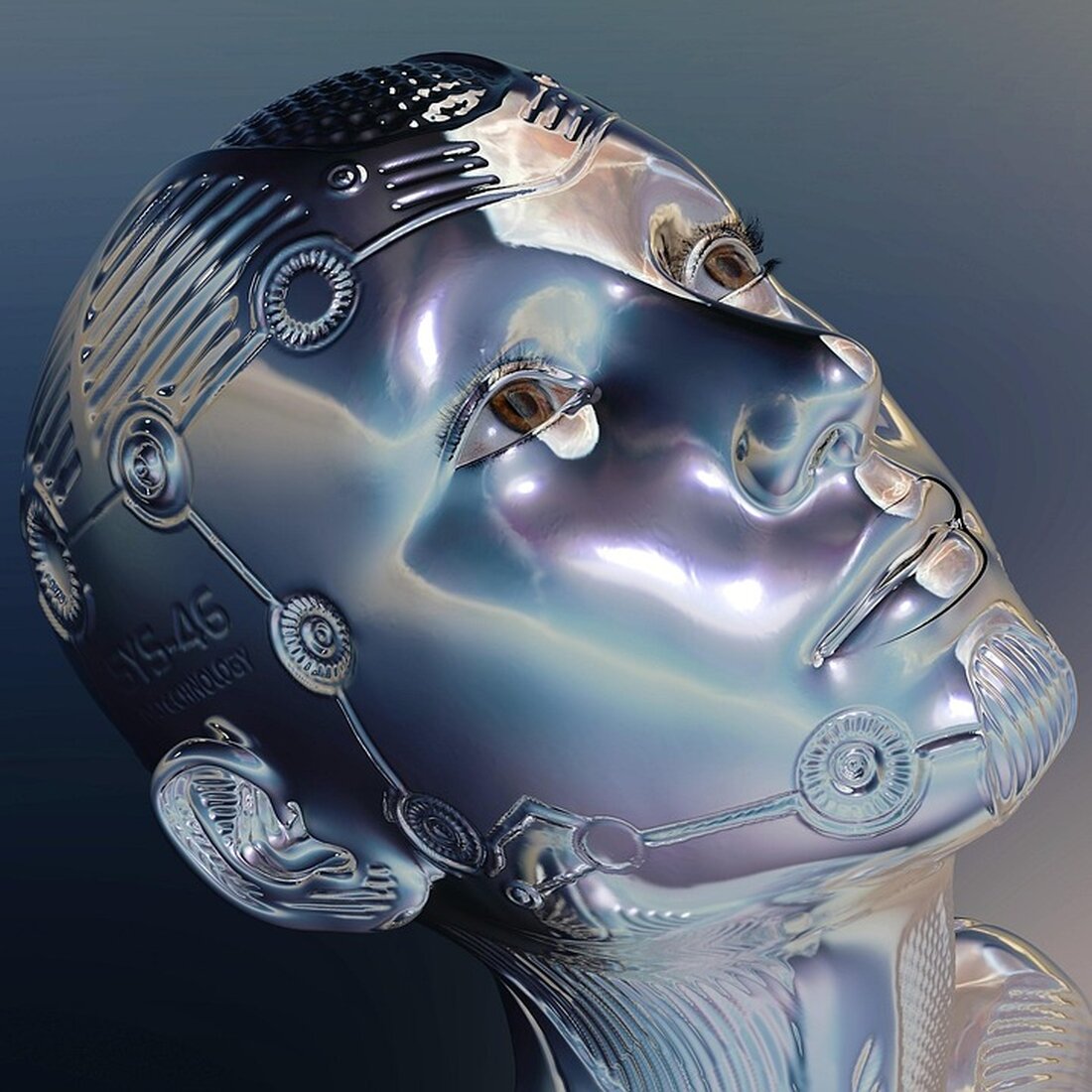Artificial intelligence: Quang Ninh is revolutionizing tourism and culture!
Quang Ninh relies on AI for digitalization in tourism and culture to improve experiences and preserve traditions.

Artificial intelligence: Quang Ninh is revolutionizing tourism and culture!
On May 16, 2025, a significant training program aimed at implementing Politburo Resolution No. 57 and Plan 01-KH/BCĐ took place in Quang Ninh Province. Led by Mr. Nguyen Viet Dung, Director of the Ministry of Culture, Sports and Tourism, the central role of artificial intelligence (AI) in digitizing cultural heritage and preserving traditional values was highlighted. Mr. Dung emphasized that AI can not only enrich cultural heritage, but also contribute significantly to the development of the tourism sector and the sports industry.
In the cultural sector, applications of AI range from digitizing old documents to creating virtual museums and recreating traditional festivals. In the sports sector, AI-supported systems enable the analysis of athlete performance, the creation of personalized training programs, and the monitoring of recovery from injuries. It is also expected that AI can also improve predictions for competition results.
AI in the tourism sector
In the tourism sector, the relevance of AI is demonstrated through various innovative applications. Virtual assistance systems and intelligent travel route suggestions significantly improve the tourist experience. The analysis of tourism data has also become more important. This is where technologies such as chatbots, automatic language translations and virtual reality (VR) and augmented reality (AR) are used to revolutionize the introduction of attractions and enrich the experience for visitors.
In addition, AI-powered systems enable personalization of travel recommendations and routes by analyzing user travel dates, budget and preferences. In this context, Ms. Pham Thanh Nga from Saigon Ha Long Hotel reported that AI is being used in her operation to organize work and standardize hotel regulations. Mr. Ngo Quang Quyen from the Quang Ninh art troupe also uses AI to process administrative documents more efficiently and create visual materials to promote the region.
Training and digital transformation
Digital transformation training programs in Quang Ninh have shown remarkable progress: 90% of cadres, officials and public employees in the province have successfully completed the basic digital transformation course. All agencies have already established core cadre groups to further spread digital transformation, and training increasingly includes guidance on using AI software.
However, the challenges in establishing such technologies do not only relate to implementation. Jaap Kamps, Associate Professor of Information Retrieval at the University of Amsterdam, addresses the need to improve access tools in the field of cultural heritage. He highlights that current systems often fail to meet the core needs of users, who are more interested in discovery. Kamps' research interests aim to develop new access tools that not only facilitate access to information, but also preserve the meaning and aura of cultural heritage.
The continuous training and commitment to digital transformation demonstrates that Quang Ninh Province can be an exemplary model for other regions. AI is seen not only as a supporting tool, but as the key to the future of culture and tourism promotion in Vietnam.
Overall, Quang Ninh is on a promising path by leveraging AI to reshape the digital landscape of the culture and tourism sector. This will benefit both the region and visitors.
For further information about the use of AI in cultural heritage, we recommend taking a look at the work of State Museum, which deals with current access tools and their influence on the design of cultural systems. Also offers Vietnam.vn comprehensive insights into Quang Ninh's progress in the application of AI.

 Suche
Suche
 Mein Konto
Mein Konto